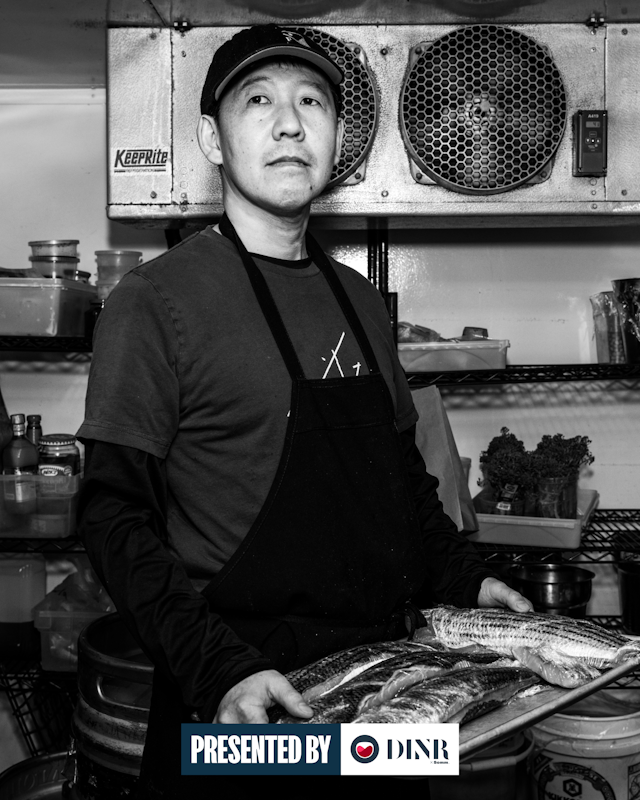“My sons are 10 and 14 now… so really, I don’t think they really give a fuck about what mom is singing about.”
The audience around Martha Wainwright at Ursa erupts into laughter, and as they do, there’s a palpable sense that she has them in the palm of her hand.
In the span of just twenty minutes, she reveals anecdotes of her personal life that ranges from becoming a mother to getting divorced, and finally, to falling in love again in her 40s.
“Falling in love again when you’re older is just…” she says, trailing off into a long pause before simply stating, “better.”
More laughter.
That uncanny ability to stand before a crowd and speak so openly, so genuinely about how she felt and how they reacted to it is the kinds of undeniable presence this Montreal singer and songwriter can have in a room.
Join The Main free and keep reading.
Create a free account.
Create a free account to unlock this story and get 3 articles a month, plus our weekly Bulletin.
- 3 free articles per month
- Save your favourite places & guides
- Weekly newsletter The Bulletin
- Stay connected to Montreal culture
Become an Insider.
Unlock unlimited access, exclusive guides, and member perks — and help support the independent Montreal stories we publish every week.
Subscribe- Unlimited access to all stories
- Exclusive features & local insights
- Special offers and event invites
- 10% off in our shop
- Support local storytelling
Already a member? Sign in










![The Reeds: A Novel [Stamped by Author]](/_next/image?url=https%3A%2F%2Fcdn.shopify.com%2Fs%2Ffiles%2F1%2F0601%2F1709%2F0544%2Ffiles%2FIMG_9098.heic%3Fv%3D1730301494&w=3840&q=75)